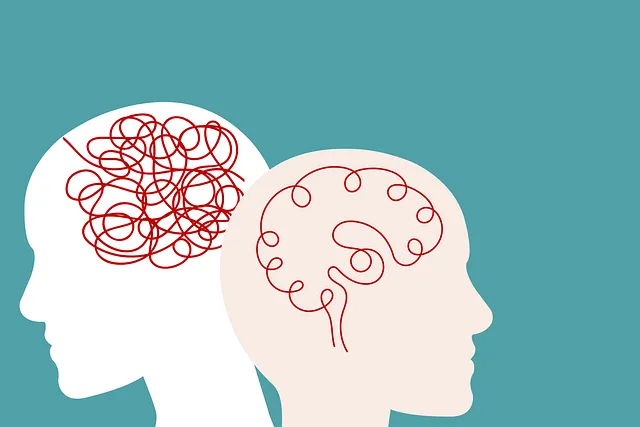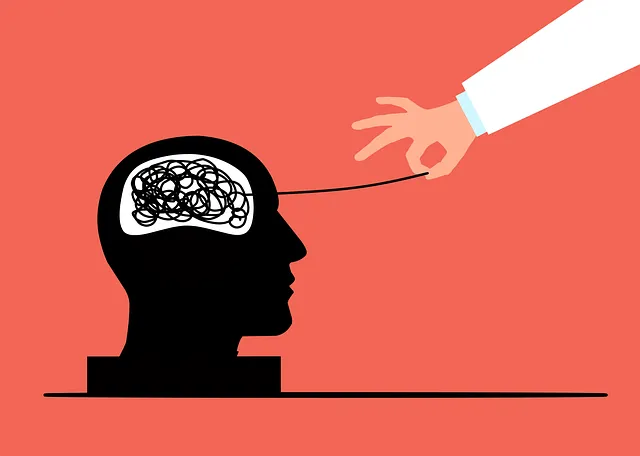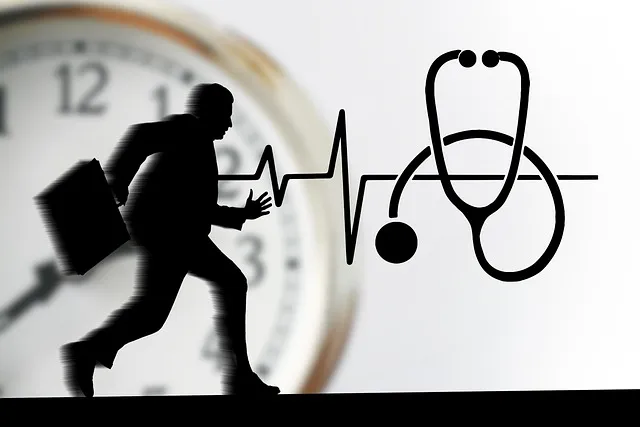Kaiser Permanente Mental Health Boulder emphasizes that stress is a physical response requiring attention. They prioritize burnout prevention through early stress recognition, conflict resolution, and a culture promoting mental well-being. Their strategies include tools for healthcare providers to manage stress, encouraging work-life balance, open communication, mindfulness practices like meditation, regular exercise, healthy diets, and sleep. They offer comprehensive therapy services, specialized programs, and innovative initiatives like podcasts and coaching to support diverse mental health needs holistically.
Stress reduction is a vital aspect of maintaining both mental and physical well-being. At Kaiser Permanente Mental Health Boulder, we understand that stress can have profound effects on our lives, impacting our minds and bodies in significant ways. This article explores various methods to combat stress, from recognizing triggers to adopting mindfulness practices and engaging in healthy habits. By leveraging resources like those offered at Kaiser Permanente Boulder, individuals can navigate life’s challenges with resilience and find lasting calm.
- Understanding Stress: The Impact on Mind and Body (Focus on Kaiser Permanente mental health Boulder's perspective)
- Identifying Triggers: Recognizing Sources of Stress in Daily Life
- Mindfulness and Relaxation Techniques for a Calmer Mind
- Physical Activity and Healthy Habits to Combat Stress
- Professional Support: Accessing Therapy and Counseling Services at Kaiser Permanente Boulder
Understanding Stress: The Impact on Mind and Body (Focus on Kaiser Permanente mental health Boulder's perspective)

Stress is a universal human experience, but its impact can vary greatly from person to person. At Kaiser Permanente Mental Health Boulder, we recognize that stress isn’t just a mental state; it’s a physical response that activates our fight-or-flight system. Prolonged or chronic stress can lead to serious health issues, affecting both the mind and body. This is especially true in high-pressure environments like healthcare, where professionals regularly encounter challenging situations, demanding schedules, and intense emotional demands.
Understanding these effects is crucial for implementing effective burnout prevention strategies, such as conflict resolution techniques. Healthcare providers at Kaiser Permanente Mental Health Boulder emphasize the importance of recognizing signs of stress early on to mitigate risks. By fostering a culture that prioritizes mental well-being, we aim to boost confidence and resilience among our team members. This involves equipping them with tools for managing stress, promoting healthy work-life balance, and encouraging open communication as essential components of a holistic approach to stress reduction.
Identifying Triggers: Recognizing Sources of Stress in Daily Life

Stress is an inevitable part of life, but understanding its triggers is a powerful step toward achieving mental wellness. Kaiser Permanente mental health experts in Boulder emphasize that recognizing sources of stress in daily life is crucial for effective stress reduction. Whether it’s work-related pressure, personal relationships, or financial concerns, identifying these triggers allows individuals to develop tailored strategies for managing and overcoming them.
By taking time to reflect on what initiates a stressful response within the body, one can begin to navigate these challenges more effectively. This process involves keeping a journal to track stress levels, pinpointing specific situations or people that cause anxiety or tension, and identifying patterns. Once these triggers are recognized, individuals can proactively implement burnout prevention techniques such as mindfulness practices, regular exercise, and healthy coping mechanisms to find much-needed Anxiety Relief.
Mindfulness and Relaxation Techniques for a Calmer Mind

Mindfulness and relaxation techniques are powerful tools in managing stress and cultivating a calmer mind. Kaiser Permanente mental health Boulder emphasizes the importance of these practices, offering a range of evidence-based methods to enhance mental wellness. One effective approach is mindfulness meditation, which encourages individuals to focus on the present moment, acknowledging thoughts and sensations without judgment. Regular practice has been linked to reduced stress levels and improved emotional regulation.
Additionally, structured relaxation techniques such as deep breathing exercises or progressive muscle relaxation can significantly lower anxiety and promote a state of tranquility. Incorporating these practices into daily routines can be a game-changer for mental health professionals looking to manage their own well-being, especially in high-pressure environments. This proactive Risk Management Planning for Mental Health Professionals is crucial, considering the impact of stress on performance and overall job satisfaction. Moreover, exploring Mental Wellness Coaching Programs Development or utilizing risk assessment tools (Risk Assessment for Mental Health Professionals) can further support professionals in navigating and overcoming stress-related challenges.
Physical Activity and Healthy Habits to Combat Stress

Physical activity is a powerful tool in the fight against stress, as recommended by Kaiser Permanente mental health experts in Boulder. Engaging in regular exercise releases endorphins, often referred to as “feel-good” hormones, which can significantly reduce stress and improve overall well-being. Activities like walking, jogging, swimming, or even yoga can help clear your mind, boost mood, and promote better sleep—all of which are essential for managing stress levels effectively.
Adopting healthy habits is equally crucial in the context of stress reduction. This includes maintaining a balanced diet rich in fruits, vegetables, whole grains, and lean proteins. Staying hydrated and getting enough quality sleep also play significant roles in supporting mental health. Additionally, practicing mindfulness through meditation or deep breathing exercises can help individuals develop effective communication strategies to manage stress and even serve as crisis intervention guidance when needed, preventing issues like depression.
Professional Support: Accessing Therapy and Counseling Services at Kaiser Permanente Boulder

At Kaiser Permanente Boulder, individuals seeking professional support for their mental health have access to a comprehensive range of therapy and counseling services tailored to meet diverse needs. With a strong commitment to holistic wellness, the healthcare provider offers specialized programs designed to address various aspects of mental well-being. Qualified therapists and counselors employ evidence-based practices to help patients navigate stress, anxiety, depression, and other common challenges. The center’s dedicated team ensures cultural competency training, fostering an inclusive environment that respects and validates individual experiences.
In addition to traditional therapy options, Kaiser Permanente Boulder promotes mental wellness through innovative initiatives like the Mental Wellness Podcast Series Production and development of Mental Wellness Coaching Programs. These resources aim to empower individuals with practical tools and strategies for stress reduction, emotional regulation, and enhanced overall mental health. By combining expert care with engaging, accessible formats, the facility strives to support its community in achieving lasting well-being.
Stress reduction is a holistic process, and by combining mindfulness, physical activity, and professional support, individuals can effectively manage their well-being. Kaiser Permanente mental health Boulder offers comprehensive resources, from understanding stress triggers to accessing counseling services, empowering folks to lead calmer, healthier lives. Embracing these strategies enables one to navigate life’s challenges with resilience and grace.






